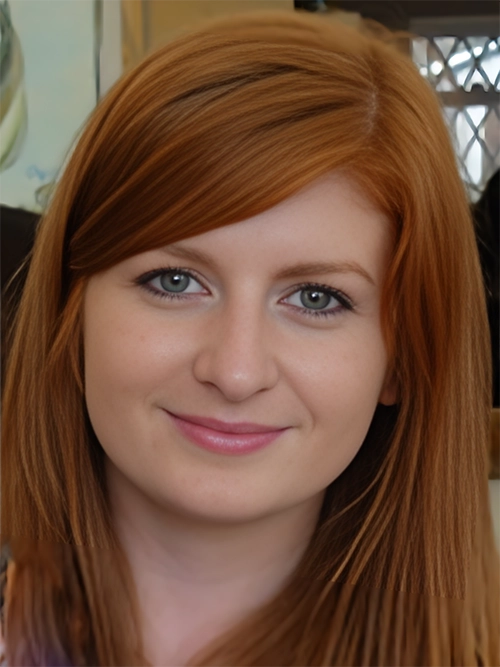
Research profile
Sinéad de Buitléir
PME in Post-Primary Education
Before undertaking the PME, Sinéad spent five years working as a primary teacher in a large international school in the Middle East, teaching children the curriculum of England. This experience of teaching children through their second language of English, along with her background in language, led to her research interest in language acquisition and attitudes.
Research Paper Title
The Attitudes towards the Teaching and Learning of Irish at Post-Primary Level in the Republic of Ireland
Abstract
This study explored the main attitudes that exist towards the teaching and learning of Irish at post-primary level in the Republic of Ireland. Data was collected within a single-sex, Catholic post-primary school. Drawing on a quantitative approach, the research employed the use of online questionnaires (n=40). A convenience sample of teaching staff was used as participants. The findings highlighted that identity, culture and prior experience with the Irish language influenced positive attitudes whereas the language’s perceived usefulness, its compulsory nature and personal experience impacted negative views. The study recommendations focus on the reluctance to use the Irish language when competency and favourable attitudes are present.
Biography
Sinéad de Buitléir is from Kilkenny and recently graduated from Hibernia College with First-Class Honours in the Professional Master of Education (PME) in Post-Primary Education. Prior to this, she completed a Bachelor of Arts in Irish and History at Trinity College, Dublin in 2012. Before undertaking the PME, Sinéad spent five years working as a primary teacher in a large international school in the Middle East, teaching children the curriculum of England. This experience of teaching children through their second language of English, along with her background in language, led to her research interest in language acquisition and attitudes. Sinéad is currently teaching Irish and History at Presentation Secondary School, Kilkenny.
Research motivation
Can you tell us a bit about your research project?
My research project focused on the attitudes to the teaching and learning of Irish at post-primary level in the Republic of Ireland. This is an area that I am extremely passionate about, which I think was important in order to stay motivated and interested throughout the entire research process. Growing up, I was immersed in the Irish language; I attended an Irish-medium school but also at home, my dad instilled in us a grá for the language. Since my own personal experience of the language growing up may not have been the same for every young person, I was interested in exploring the range of attitudes that may exist towards the teaching and learning of Irish. The research yielded fascinating and surprising results, such as that identity, culture and prior experience with the Irish language influenced positive attitudes whereas the language’s perceived usefulness, its compulsory nature and personal experience impacted on negative views.
What motivated you to undertake this research?
Before undertaking the PME, I worked as a post-primary Irish and History teacher here in Ireland. In addition, I spent five years working as a teacher in a large international school in the Middle East teaching the curriculum of England and Wales. It was a very diverse school; for the vast majority of children, English was their second or even third language. This experience of teaching children a curriculum through their second language of English, along with my own background in language, led to my research interest in language acquisition and attitudes. I wanted to explore the attitudes to Irish, a second language for most students in Ireland, both positive and negative, in the hope that it would inform my future practice in the classroom.
What impact has it had on your practice?
I am happy I chose to research this topic as it has aided me in the classroom. My research provided a fascinating insight into students’ experiences of learning the language, their opinions on its cultural value and the teaching methodologies that they find beneficial to them in the language classroom. Additionally, the research provided me with perspectives from other teachers of Irish and their experience of teaching the language. The findings from both students and teachers have certainly impacted my own practice and how I approach my teaching on a daily basis.
How important do you feel research will be in your future practice?
Research will be very important in my future practice. I think, as teachers, it is imperative that we continually strive to improve our practice. Research plays a significant role in our professional development. It is definitely something I would be interested in undertaking again as I progress through my career because I found this experience very rewarding and valuable to my own practice.